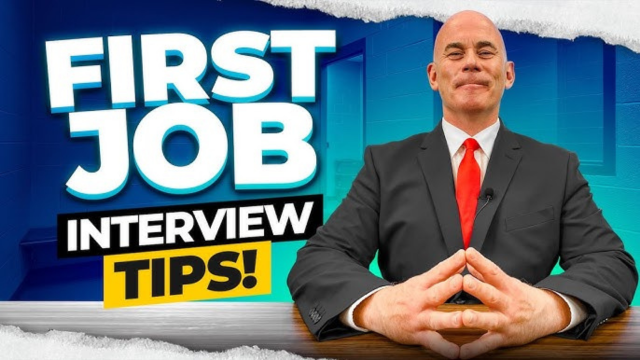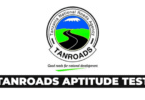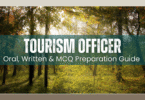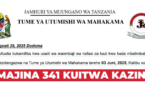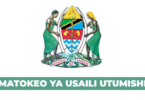Breaking into the job market as a fresh graduate can feel overwhelming—especially when it comes to landing a position in a government institution. Unlike private companies, government job interviews are often structured, formal, and focused on assessing your professionalism, integrity, and potential to serve the public, 30 Common Interview Questions (With Smart Answering Tips for Fresh Graduates).
If you’re a first-time job seeker, preparation is your best friend. In this guide, we’ve compiled 30 common government interview questions along with the best strategies to answer them effectively. Whether you’re applying for an entry-level clerical job or a specialized technical role, these questions will help you make a strong impression.
Why Government Interviews Are Different
Government institutions value more than just technical skills. They look for:
- Commitment to public service
- Strong work ethic and integrity
- Ability to follow rules and procedures
- Communication and teamwork skills
That means you need to highlight not only what you know but also who you are as a person.
30 Government Interview Questions and How to Answer Them
General Background & Motivation
- Tell us about yourself.
Focus on education, relevant experience, and personal strengths. - Why do you want to work for this government institution?
Show passion for public service and interest in the agency’s mission. - What do you know about this department/agency?
Do your research and mention specific programs or initiatives. - Why did you apply for this position?
Link your skills to the job requirements. - What motivates you to work in public service rather than the private sector?
Emphasize service, stability, and contribution to society.
Skills & Experience
- What relevant skills or experience do you bring to this role?
- Describe a time you handled a challenging task at work or school.
- How do you prioritize your work when facing multiple deadlines?
- Have you ever worked with sensitive or confidential information? How did you handle it?
- What computer applications or systems are you proficient in?
NB: Even as a fresh graduate, use school projects, internships, or volunteer work as examples.
Teamwork & Communication
- How do you work as part of a team?
- How do you handle conflict in the workplace?
- Describe a time you explained something complex to someone.
- How would your colleagues describe you?
- Do you prefer working independently or in a team?
Tip: Show flexibility and strong communication skills.
Work Ethic & Integrity
- How do you handle pressure or tight deadlines?
- Describe a time you demonstrated integrity.
- How do you ensure accuracy in your work?
- What does professionalism mean to you?
- If you made a mistake at work, how would you handle it?
NB: Employers want honesty and accountability above all.
Adaptability & Problem Solving
- Tell us about a time you had to adapt to a major change.
- How do you solve problems when you lack full information?
- Give an example of how you improved a process or system.
- How do you handle criticism from a supervisor?
- If given a task outside your job description, how would you respond?
Tip: Highlight flexibility, initiative, and willingness to learn.
Knowledge of Governance & Policy
- What do you understand about the role of government institutions in society?
- How would you handle a citizen’s complaint or request?
- What values should a government employee uphold?
- How do you stay updated on government policies and regulations?
- Where do you see yourself in five years within this institution?
NB: Show commitment to long-term growth and public service.
Pro Tips for Job seekers in Government Interviews
- Use the STAR method (Situation, Task, Action, Result) when answering scenario questions.
- Be professional in both appearance and language.
- Highlight transferable skills from school, internships, or volunteer work.
- Show enthusiasm and willingness to learn.
Final Thoughts
Government jobs are competitive, but with the right preparation, you can stand out even as a fresh graduate. Focus on integrity, service, and adaptability, and use the questions above to practice clear, confident answers. Your first government interview doesn’t have to be intimidating—it can be your first step toward a stable and rewarding career in public service.
